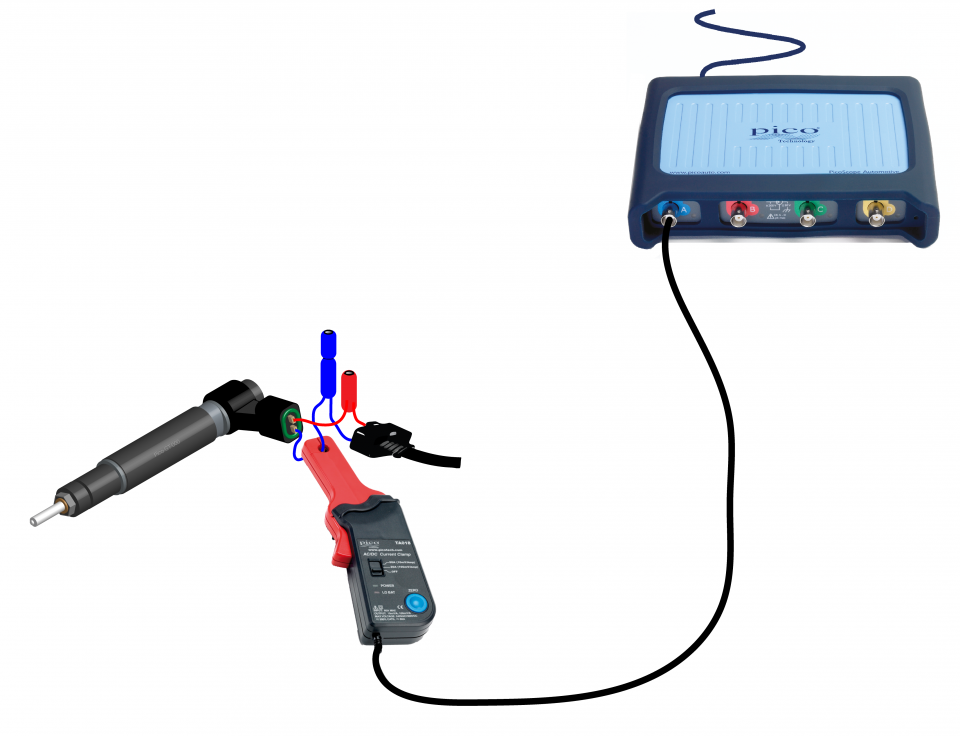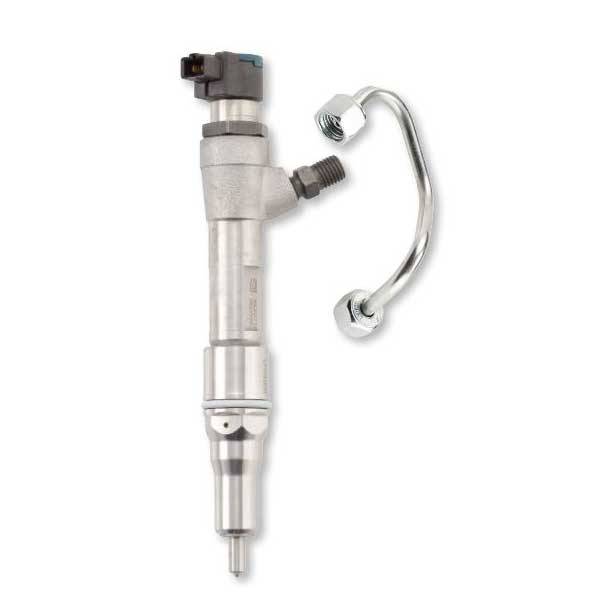
Universität München 1972 Promotion 1972 – 1973 Wissenschaftlicher Assistent am Physik Department der Universität München 1970 – 1972 Tutor am Mathematischen Institut der Ludwig-Maximilians. München 1970 Doktorand am Physik Department der Technischen Universität Hamburg und der Technischen Universität Hans Meixner geboren in Marl / NRW 1961 – 1970 Studium der Chemie, Mathematik und Physik an der Siemens AG, Regensburg seit 2001 Vorstandsmitglied der Siemens VDO Automotive AG, Regensburg

Siemens AG, Regensburg 1998 – 2001 Leiter Geschäftsgebiet Antriebsstrang bei der Regensburg 1996 – 1998 Leiter Geschäftszweig Dieselsysteme bei der Technik, Strategische Planung bei der Siemens AG, GmbH, Stuttgart 1996 Leiter des Bereichs Automobiltechnik, Referat Zentrale Linz und Wien 1990 – 1994 Geschäftsführer des Bereichs Dieseleinspritzausrüstungīei der Robert Bosch AG, Wien 1994 – 1995 Leiter Systembereich Common Rail bei der Robert Bosch Linz 1984 – 1990 Geschäftsführer bei der Voest-Alpine Automotive GmbH, Universität Graz 1976 Promotion 1975 – 1978 Assistent an der Technischen Universität Graz 1978 – 1980 Ingenieur in der M1-Motorenentwicklung bei derĪVL LIST GmbH, Graz 1980 – 1982 Gruppenleiter Einspritzung, Vorentwicklung bei derīMW Motoren GmbH, Steyr 1982 – 1983 Abteilungsleiter Einspritzung, Vorentwicklung bei derīMW Motoren GmbH, Steyr 1983 – 1984 Entwicklungsleiter bei der Voest-Alpine Friedmann GmbH, Universität Graz 1976 Institut für Verbrennungskraftmaschinen, Technische Klaus Egger geboren in Graz / Österreich 1969 – 1975 Studium des Maschinenbaus an der Technischen Robert Bosch GmbH, Stuttgart 1998 – 2003 Abteilungsleitung Entwicklung Piezo-Injektorenīei der Robert Bosch GmbH, Stuttgart seit 2003 Entwicklungsbereichsleiter Common-Rail-Injektoren Pkw,Įntwicklungsverantwortung für Common-Rail-Injektoraktivitätenĭr.-Ing. Robert Bosch GmbH, Stuttgart 1995 – 1998 Leitung Forschungsprojekt Einspritzverlaufsformung vonĭieseleinspritzinjektoren mittels Piezo-Aktoren bei der Hochschule Karlsruhe 1989 – 1995 Entwickler von Düsen und DHK bei der Friedrich Boecking geboren in Trier 1989 – 1995 Studium des Maschinenbaus an der Technischen The Project "Piezo injectors: A new technology for clean diesel and gasoline engines" was nominated by the Stiftung Werner-von-Siemens-Ring. The right to nominate outstanding achievements for the German Future Award is incumbent on leading German institutions in Science and Industry as well as foundations.

For manufacture of the injectors alone, the two companies employ around 14,000 people worldwide, 6,400 of them in Germany. By the end of 2006, Bosch and Siemens VDO had together manufactured around 25 million units. The first injectors went into production in 2000. Fuel consumption drops, and the engine runs quiet.īoecking, Eggert, and Meixner had great market success with the development of the piezo electric injectors. The same is true for the particulate matter found in diesel exhaust. This improves metering accuracy, thereby producing fewer pollutants during fuel combustion and reducing nitrous oxide emissions by up to 20 percent. The advantage of piezo technology: it opens and closes the injection value up to five times as fast as conventional solenoid valves. This produces forces which can be exploited to control fuel injection. In these valves, regulators open and shut the fuel injectors making use of the piezo electric effect that occurs in certain crystalline materials: If an current is applied to them, the material yields instantaneously. The piezo injectors developed independently by research and development teams both at Bosch and Siemens VDO are especially precise.


 0 kommentar(er)
0 kommentar(er)
